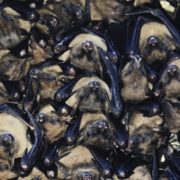
Bats Raised in Helium-Rich Air Reveal a Key to Echolocation
To test bats’ sense of the speed of sound, researchers put them in an atmosphere that alters it. No word on whether the helium made the bats sound funny. ..

To test bats’ sense of the speed of sound, researchers put them in an atmosphere that alters it. No word on whether the helium made the bats sound funny. ..

Biologists have long believed that these animals rely on magnetic sensing to migrate across oceans. Someone finally figured out how to prove it. ..
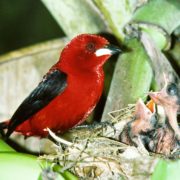
For male tanager birds, carotenoid feather pigments just aren't flashy enough. They have another way to make their colors really pop. ..

More than a year into the pandemic, scientists and environmentalists have the first data on where disposable gloves and masks are turning up in ecosystems. ..

Understanding how other animals dream could help us figure out why it’s so important to the human brain, and why it may have been preserved throughout ..
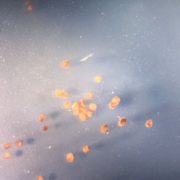
Embryonic cells can self-assemble into new forms that don’t resemble the bodies they usually generate, challenging old ideas of what defines an organism. ..
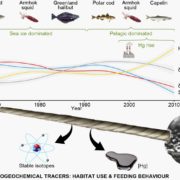
An analysis of the 10-foot-long teeth shows that as the Arctic warms, narwhal diets are changing, and their bodies are accumulating more mercury. ..
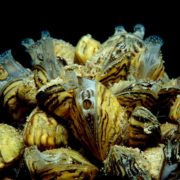
Moss balls sold for aquariums can hide Zebra mussels, invasive mollusks that quickly overtake waterways. The US government would like you to kill them, ..

Thousands of eagles and other fowl have died from a mysterious condition that attacks their nervous systems. Now, after decades of investigation, we know ..
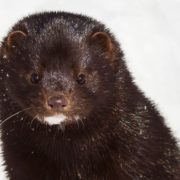
Bats likely gave it to a mystery animal that then gave it to people. We passed it on to minks. Where does it go from there—and could it come back to us? ..